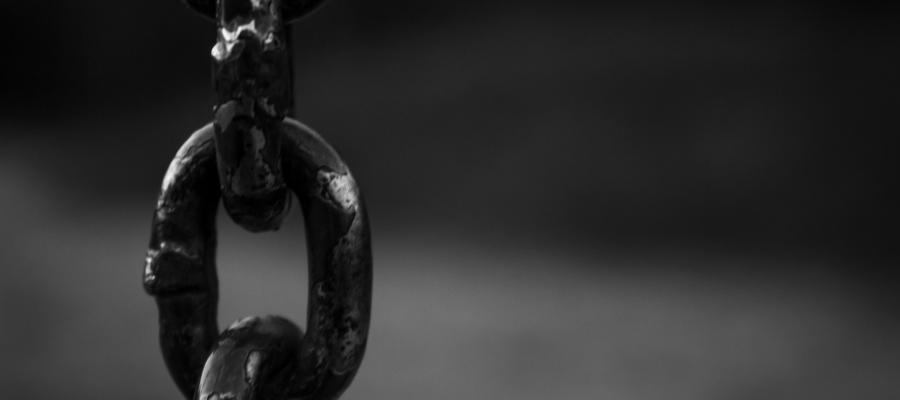Scrap Thanksgiving?
29
Nov 2017
Thanksgiving can be a joyous celebration of family and community. But its festivities can serve to cover up, and encourage, ongoing injustice. So how should we understand Thanksgiving? Is it a wholesome celebration of family and connectedness, or a cover-up for continued injustice?
Read moreWhen Democracy Runs Wild
09
Nov 2017
Do we have too much democratic politics in this country? What are the consequences of living in a society in which your every action has a political connotation? Philosopher Robert Talisse argues that there is such a thing as too much democracy.
Read moreFeminism and Philosophy's Future
21
Nov 2017
Male philosophers may think feminist philosophy has nothing to offer them. Yet feminist philosophy has already enriched analytic philosophy and promises to deepen philosophers' "serious engagement" with continental thinkers, argues Gary Gutting.
Read moreFavorites in Continental Philosophy
17
Nov 2017
Philosopher Simon Critchley offers his take on continental philosophy and some of its biggest hits. He discusses how the continental approach to philosophy is more practically relevant to lived experience and, interestingly, more aware of its history.
Read moreThe Curious Lives of Octopuses
10
Nov 2017
Octopuses live in a world of paradox. Though colorblind, they change their pigment to match their surrounding area. Though brilliant, they average a lifespan of only 2 to 4 years. Other Minds: The Octopus, The Sea, and The Deep Origins of Consciousness, by Peter Godfrey-Smith, attempts to resolve these paradoxes.
Read moreCompromise and Slavery
01
Nov 2017
John Kelly, President Trump’s Chief of Staff, recently made some comments about the supposed unwillingness of the North and South to compromise over slavery as a leading cause of the Civil War. But Kelly actually has it completely backwards.
Read moreAchieving a Measure of Insanity
06
Nov 2017
British psychoanalyst Donald Woods Winnicott wrote in a review of Carl Jung's memoir Memories, Dreams, and Reflections: “I was sane, and…through analysis and self-analysis I achieved some measure of insanity.” How do we make sense of this strange claim?
Read morePhilosophy of Trash
04
Nov 2017
How much of today’s treasure is destined to be tomorrow’s trash? Are growing piles of trash the price we pay for progress? Or do our trashy habits amount to ecological terrorism? These are the questions we're thinking about in this week's show.
Read moreBasketball: Myths and Puzzles
08
Nov 2017
Basketball fans have long held that players experience runs of success or failure. If a player succeeds at sinking a free throw, the theory goes, they’re having a successful streak, which makes them more likely to sink the next free throw. Simpson’s Paradox might explain why the “hot hand” phenomenon looks real, even if it’s not.
Read moreThe World’s Greatest Country?
14
Nov 2017
Suppose we were to ask for each country on Earth how many people would willingly choose to live in it, given complete freedom of choice, but under a modified version of the veil of ignorance. Which country would you choose?
Read moreTwo Models of Hypocrisy
20
Nov 2017
What’s goes on in the mind of a hypocrite, like "pro-life" congressman Tim Murphy, who had to resign when it was discovered he encouraged his mistress to have an abortion? Is he a craven liar? Or is there another psychological model that explains his hypocrisy?
Read more#FrancisOnFilm: Thor Ragnarok
22
Nov 2017
Thor: Ragnarok is funny, exciting, and visually nifty. The third in a series, it's a great two-plus hours of entertainment. But it's not just entertainment; there's more in Thor philosophically than you might think of when you are caught up in the action.
Read moreDo Scientists Need Philosophers?
27
Nov 2017
What is the value of philosophy of science? What do philosophers even know about science? Shouldn't we just trust scientists when it comes to questions of science? Philosopher Subrena Smith says there are presuppositions in science worth analyzing from a philosophical perspective.
Read more











